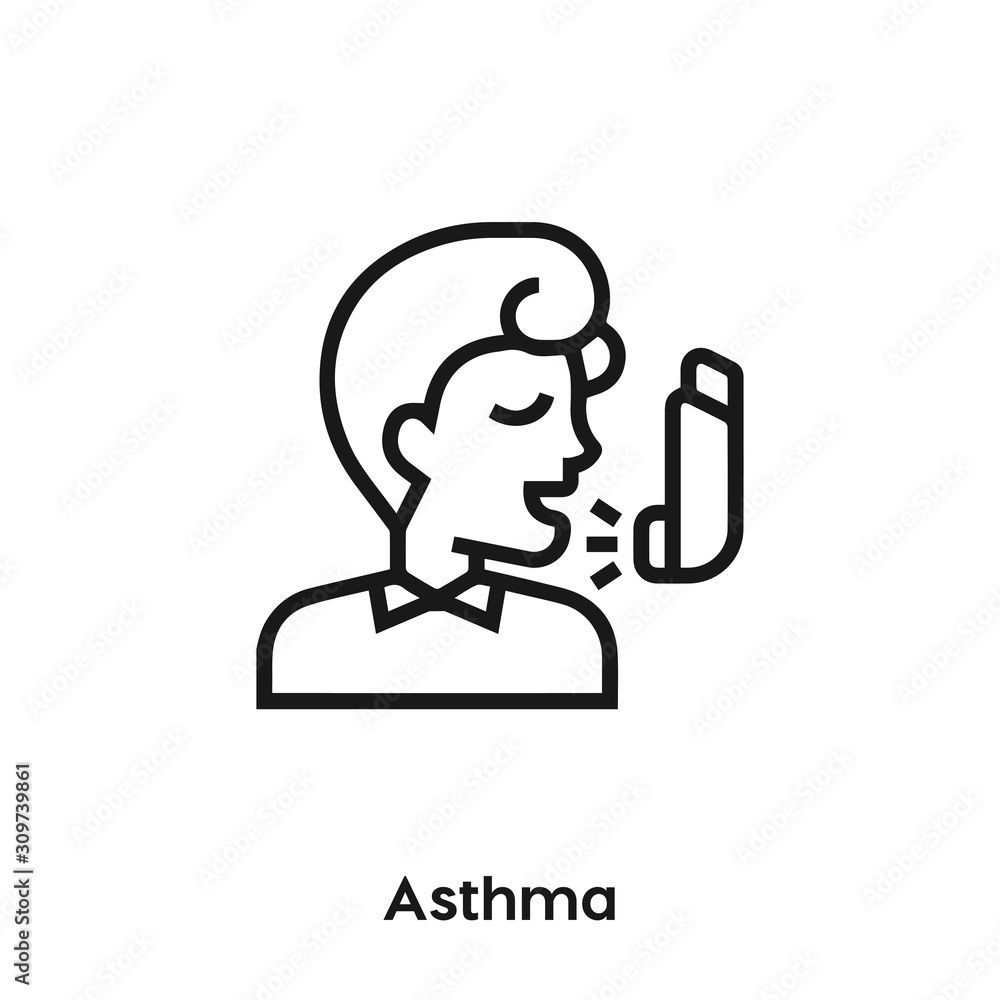What Causes It?
Genetic Factors – Family history of asthma or allergies.
Environmental Allergens – Pollen, dust mites, mold, pet dander.
Respiratory Infections – Viral infections during childhood increasing asthma risk.
Air Pollution – Smoke, industrial fumes, vehicle exhaust.
Occupational Exposure – Chemicals, dust, and irritants at work.
Weather Conditions – Cold air or sudden weather changes.
Physical Activity – Exercise-induced bronchoconstriction.
Food Allergies – Certain food additives or allergens.
Signs & Symptoms
Shortness of breath.
Wheezing (whistling sound while breathing).
Chest tightness.
Persistent coughing, especially at night or early morning.
Difficulty breathing during physical activity.
Fatigue due to poor oxygen intake.
Rapid breathing.
Trouble sleeping due to breathing discomfort.
